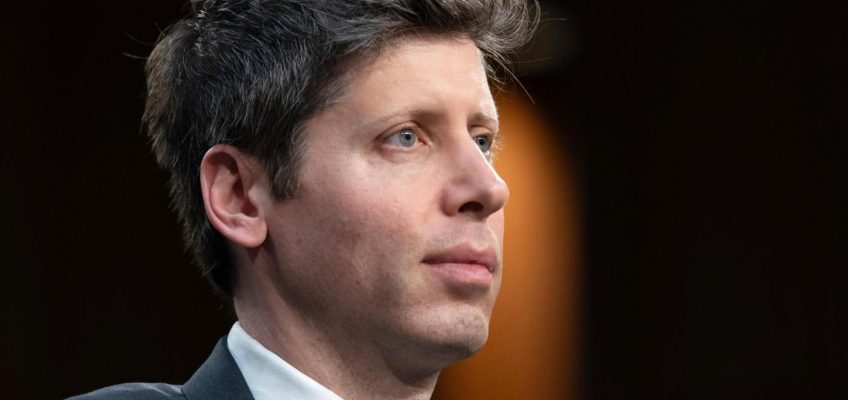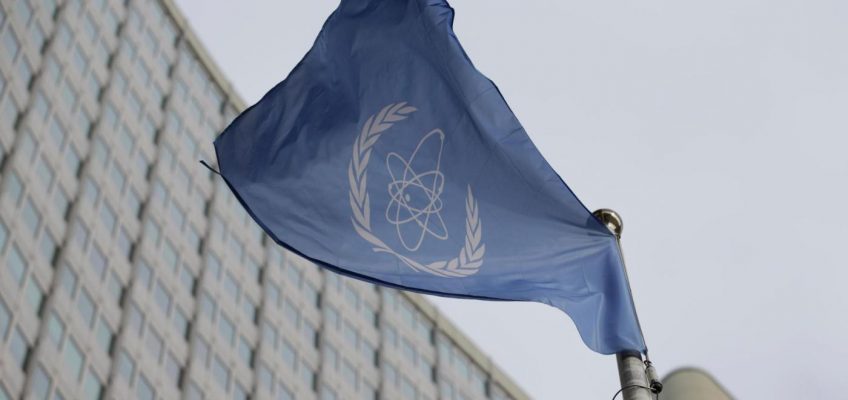Nine more people were arrested Friday in an anti-ICE protest at a St. Paul church, according to a civil rights attorney federally indicted in the case last month.
Protesters disrupted services inside Cities Church on Summit Avenue near Snelling Avenue on Jan. 18, chanting “ICE out” amid an immigration enforcement crackdown in Minnesota. People also shouted, “Justice for Renee Good,” who was fatally shot by an ICE officer in Minneapolis on Jan. 7. They said the acting field office director for U.S. Immigration and Customs Enforcement in Minnesota serves as a pastor at the church.
Seven people were indicted last month. Nekima Levy Armstrong, a Twin Cities civil rights attorney and activist, wrote on social media that the additional nine people were arrested Friday morning and are scheduled to be in court Friday afternoon.
The nine initially arrested are charged under the 1994 Freedom of Access to Clinic Entrances Act. The FACE Act prohibits interference or intimidation of “any person by force, threat of force, or physical obstruction exercising or seeking to exercise the First Amendment right of religious freedom at a place of religious worship.”
They have pleaded not guilty. The people charged last month were Levy Armstrong, former CNN host turned independent journalist Don Lemon, St. Paul School Board Member Chauntyll Allen, independent Twin Cities journalist Georgia Fort, Hennepin County Attorney’s Office lobbyist Jamael Lundy, St. Paul activist Trahern Crews, social media personality William Scott Kelly, along with Jerome Deangelo Richardson and Ian Davis Austin.
One of the people arrested Friday is also an independent journalist, according to Levy Armstrong.
Related Articles
The IRS broke the law by disclosing confidential information to ICE 42,695 times, judge says
MN legislators hear bill that would allow lawsuits against federal agents
Columbia student detained by ICE is abruptly released after Mamdani meets with Trump
Trump administration asks the Supreme Court to allow an end to legal protections for Syrian migrants
Prosecutor claims that delayed charges against Abrego Garcia were ‘extraordinary’ but justified




